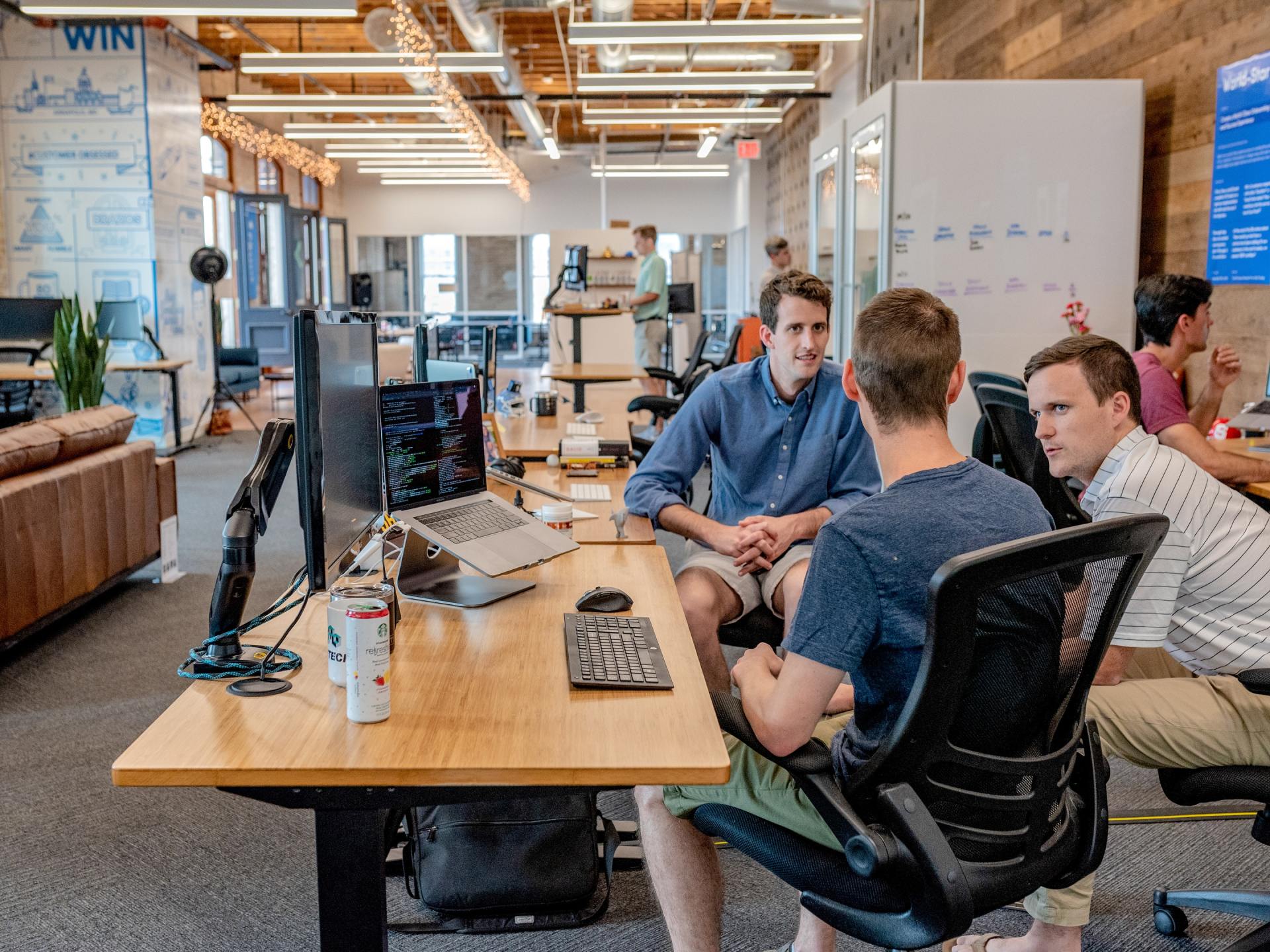Leading edge
- By Mark Aikman
- •
- 27 Apr, 2021
- •
Creating the right environment for ideas-led innovation

As Head of Transformation, you have an enormous responsibility for thought-leadership. You’re here to run the show and deliver, couldn’t agree more, but it’s also your responsibility to make the Programme as innovative as it can possibly be within your stated purpose. I believe this has two key strands: being outward looking and inventive; and anticipating the future rather than reflecting the present. Three simple ways of achieving this are:
Thinking big. As Programme Thought Leader, you’re looking for Ideas That Think Big, which you can explore. What can you include that will actually change the business and not just improve operational effectiveness? The latter is a given in transformation – the former is what will add true benefit.
So don’t be too quick to dismiss seemingly disruptive or over-ambitious ideas – there may be a genuine benefit to the business in what is being described, even though it currently sounds a bit sci-fi. Especially at the early doors stage, keep away from language that dismisses the more revolutionary ideas until you’ve investigated the benefit vs. achievability ratio. So we’re not saying “Utopia”, “pipe-dream”, “fantasyland” or even “unrealistic”. And we’re definitely never saying “crackpot”.
The Ideas Coach. One important point on this: thought-leadership does not mean “I personally must have all the good ideas”. Indeed, implementing only your own (potentially crackpot) ideas is counter-productive as it will quickly reduce team buy-in.
Instead, the thought leader is there to raise the bar and widen the horizons, so that your team and your colleagues in the wider business can have the innovative ideas. Effectively, you are the ideas-coach. Allow multiple opportunities for creative solution development – from capturing innovations at the Discovery stage; to workshopping possible options; to championing inventive routes to market suggested by junior people. And let all the original thinkers have their moment in the sun.
Looking Forward. You can make an excellent return on the investment in your Programme if it includes a degree of future-proofing. Again, you need to work entirely within your stated objectives, but you should always consciously focus on anticipating what’s coming next.
One of the biggest enemies of anticipation is thin Discovery. Programmes which have selected the technology solution before understanding the problems and opportunities (i.e. a good majority of them) will not hear the still small voices that have seen the future. These Programmes have wedged themselves into the here and now, using approaches and technology that are already available to address issues that exist today.
At least give a few days’ thought to where your organisation and sector will go tomorrow. Rope-in Marketing and ask them what their opium-crazed predictions include as possibilities for your field. It won’t all be spaceships and fantasy; and they’ll have very useful hard evidence for the most likely scenarios.
However far behind your systems are, your aim is never catching up with The Now.
This is an extract from Mark Aikman’s book Uncommon Sense: Alternative Thinking on Digital Transformation
Amazon location: https://www.amazon.co.uk/Uncommon-Sense-Alternative-Thinking-Transformation-ebook/dp/B08KSG513Q
Apple location: https://books.apple.com/gb/book/uncommon-sense/id1536877985

https://www.future-processing.com/blog/selecting-a-supplier-natural-selection/








